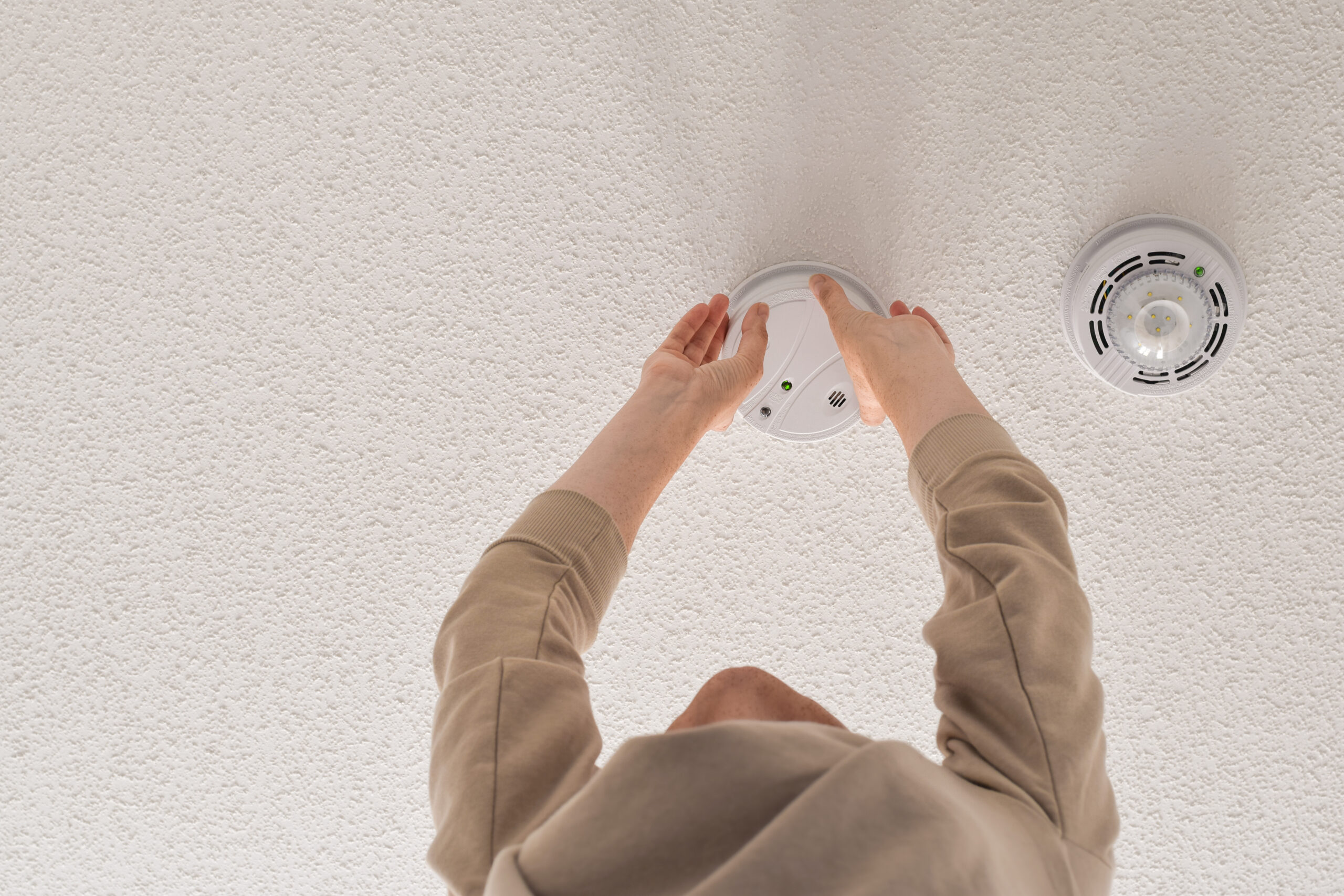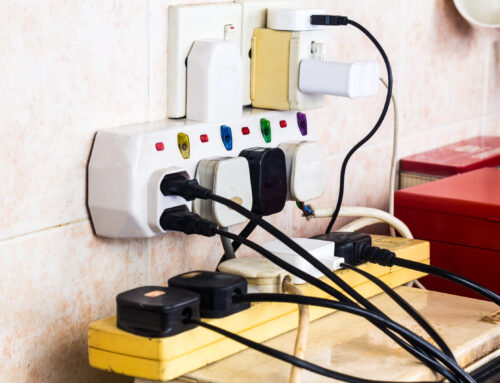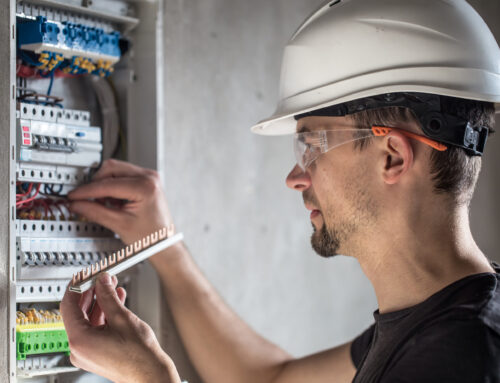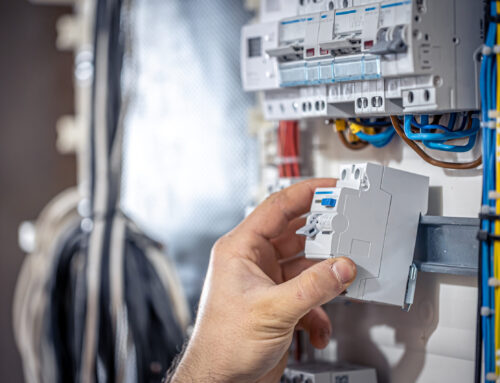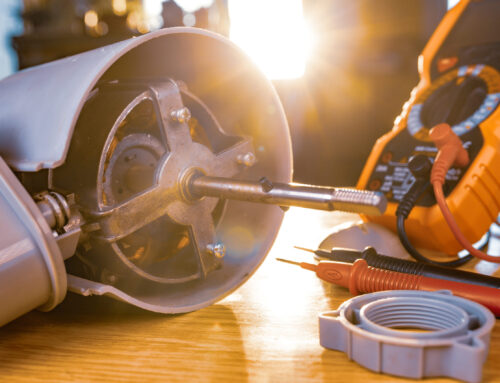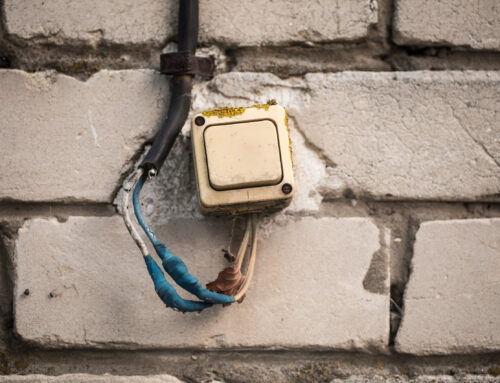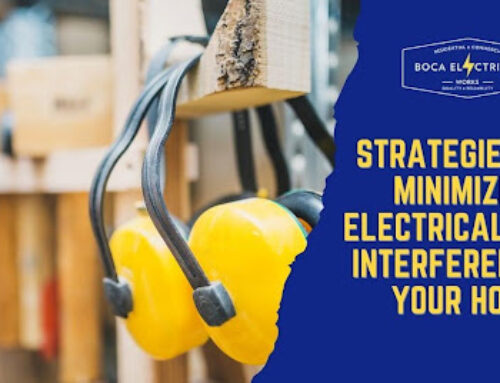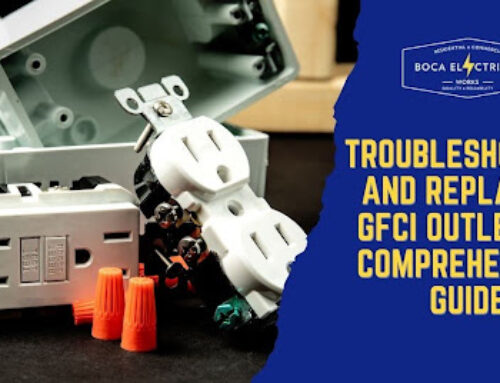Electrical hazards can pose a serious risk to your home or business if outdated or faulty wiring goes unchecked. Every year, electrical fires cause thousands of property damage cases and injuries, many of which could have been prevented with proper electrical safety upgrades. Ensuring your electrical system is up to code is not only a smart investment but also a necessary step in protecting your family, employees, and property.
Recently, we assisted a Boca Raton homeowner who had been experiencing frequent circuit breaker trips. After an inspection, we discovered outdated wiring and overloaded circuits, putting the entire home at risk of an electrical fire. By upgrading their electrical panel and installing safer, more efficient wiring, we eliminated the hazards and gave them peace of mind.
According to the National Fire Protection Association (NFPA), faulty wiring is one of the leading causes of home fires in the U.S. If you haven’t updated your home’s electrical system in years, now is the time to consider critical electrical safety upgrades. Below, we outline the top nine essential improvements that can protect your home and business from dangerous electrical hazards.
Upgrading to a Modern Electrical Panel
Why an Updated Electrical Panel is Critical
Your electrical panel is the heart of your home’s electrical system, distributing power throughout your house. An outdated panel can lead to frequent breaker trips, overheating, and fire risks. Many older panels simply aren’t built to handle the energy demands of today’s modern appliances and smart home devices.
Signs You Need a New Electrical Panel
If you’re wondering whether your home or business needs an electrical panel upgrade, consider these warning signs:
- Breakers frequently trip or fail to reset, causing power disruptions.
- Flickering lights or buzzing sounds coming from the panel.
- The panel is more than 20-30 years old and hasn’t been inspected.
- You notice rust, corrosion, or a burning smell coming from the panel.
Benefits of a Modern Panel
Upgrading your electrical panel offers multiple benefits, including:
- Supporting Increased Power Demands: Newer panels handle more power and prevent frequent overloads.
- Reducing the Risk of Electrical Fires: Modern panels include advanced safety features to minimize hazards.
- Increasing Property Value: A safer, updated panel makes your home more attractive to buyers and compliant with electrical codes.
Installing Ground Fault Circuit Interrupters (GFCIs)
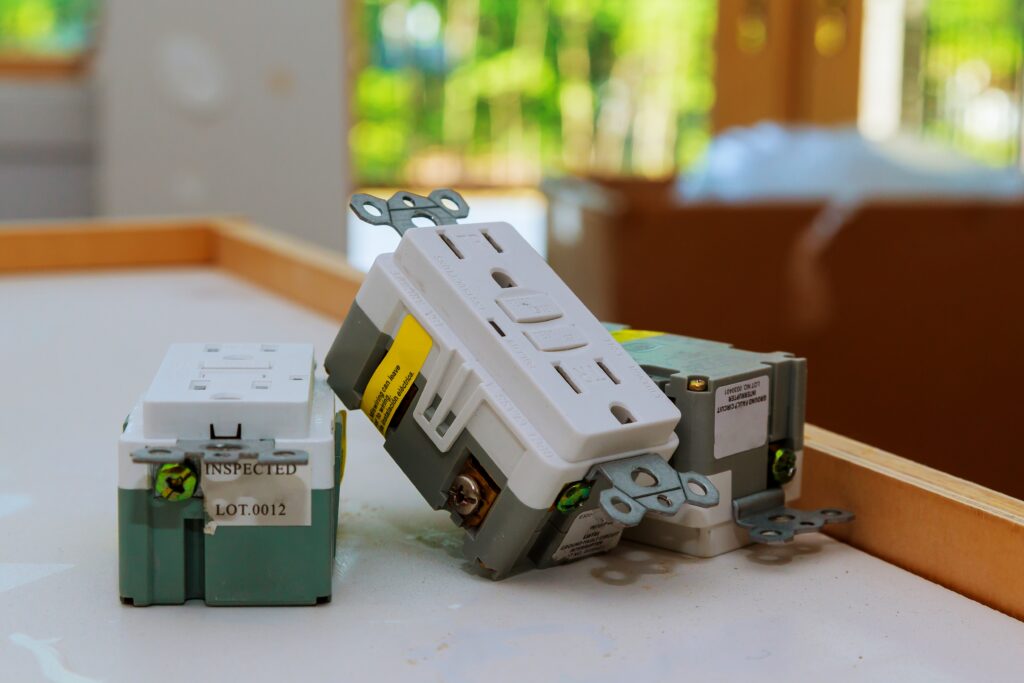
The Importance of GFCIs in Preventing Shocks
Ground Fault Circuit Interrupters (GFCIs) are essential for preventing electrical shock in moisture-prone areas. These devices automatically shut off power when they detect electrical imbalances, stopping electrocution before it happens.
Where to Install GFCIs
GFCIs are required in areas where water and electricity may come into contact. Key locations include:
- Kitchens and Bathrooms: Prevents shocks near sinks and appliances.
- Outdoor Outlets and Garages: Protects against exposure to rain and damp conditions.
- Basements and Laundry Rooms: Reduces risk near washing machines and water heaters.
Benefits of GFCIs
- Enhanced Electrical Safety: Minimizes risks of fatal electric shocks.
- Required by Electrical Code: Compliance with modern safety regulations.
- Prevention of Electrical Fires: Stops sparks caused by short circuits.
Arc Fault Circuit Interrupters (AFCIs) for Fire Prevention
How AFCIs Protect Against Electrical Fires
Arc Fault Circuit Interrupters (AFCIs) are crucial in preventing fires caused by electrical arcing. Arcing occurs when damaged or deteriorated wiring emits high-energy sparks, igniting nearby flammable materials.
Where AFCIs Should Be Installed
AFCIs should be installed in:
- Bedrooms and Living Areas: Reduces risks where electrical wiring may be concealed within walls.
- Entire Circuits in Older Homes: Helps bring outdated electrical systems up to safety standards.
- Any Locations Prone to Wire Damage: Protects against potential wear and tear that could lead to arcing.
Benefits of AFCI Installation
- Prevents Electrical Fires: Stops overheating wires before they become a hazard.
- Ensures Compliance with Modern Electrical Codes: Meets latest safety requirements.
- Adds an Extra Layer of Protection: Reduces unseen risks in older buildings.
Rewiring Older Homes for Modern Safety
Why Old Wiring Poses a Threat
Homes built before the 1980s may have outdated wiring that is not only inefficient but also dangerous. Older wiring systems can become brittle, unable to handle modern energy demands, and prone to short circuits.
Signs Your Home Needs Rewiring
- The presence of knob-and-tube wiring or aluminum wiring.
- Frequent burning smells coming from outlets.
- Discolored or charred outlets and switches.
- Outlets and switches feel hot to the touch.
Benefits of Rewiring
- Reduces Fire Hazards: Safer, insulated wiring minimizes risks.
- Increases Home Value: A modern electrical system is a strong selling point.
- Brings Wiring Up to Code: Ensures compliance with safety regulations.
Whole-House Surge Protection
Preventing Damage from Power Surges
A power surge can instantly destroy expensive appliances, fry electrical circuits, and lead to costly repairs. Whole-house surge protectors prevent these voltage spikes from harming your home’s electrical system.
Why Surge Protection is Essential
- Shields Appliances and Electronics: Prevents damage to TVs, computers, and refrigerators.
- Reduces Electrical Wear and Tear: Extends the lifespan of your electrical components.
- Essential for Home Offices: Keeps sensitive electronics safe from surges.
Smart Home Electrical Safety Devices
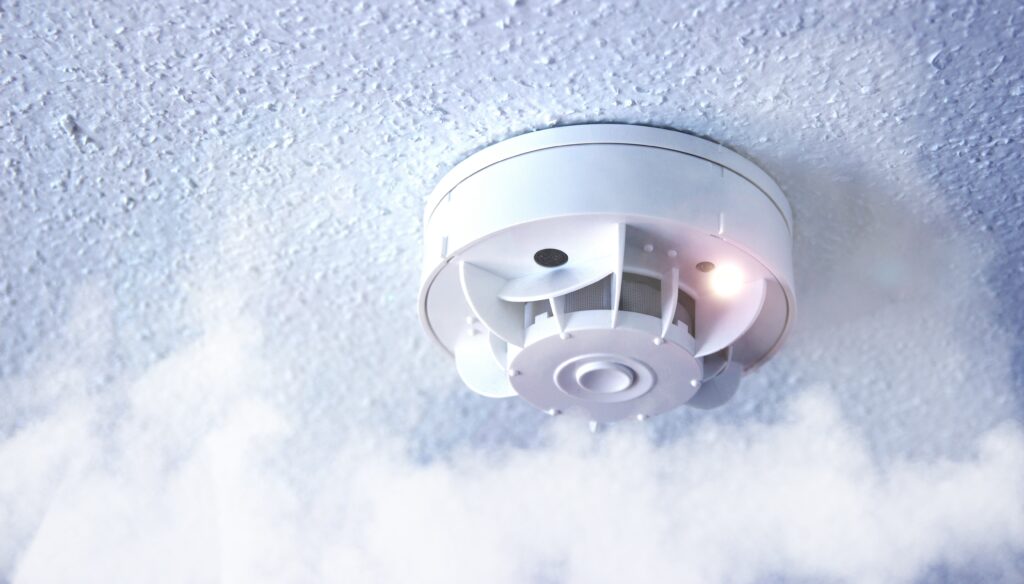
How Smart Technology Enhances Electrical Safety
Integrating smart home technology into your electrical system provides real-time monitoring and control over power usage, helping you detect issues before they become hazards.
Recommended Smart Safety Devices
- Smart Circuit Breakers: Alerts you of electrical faults via smartphone apps.
- Wi-Fi-Connected Smoke Detectors: Notifies you of fire hazards remotely.
- Smart Plugs with Energy Monitoring: Helps reduce excessive power consumption.
People Also Ask
- How often should I have my electrical system inspected?
It is recommended to have your electrical system inspected at least every 3-5 years, or sooner if you experience electrical issues such as flickering lights or frequent breaker trips. - Can I install electrical safety upgrades myself?
While some minor upgrades like installing GFCI outlets can be done by knowledgeable homeowners, most electrical work should be handled by a licensed electrician to ensure safety and compliance with local codes. - What is the difference between a GFCI and an AFCI?
A GFCI (Ground Fault Circuit Interrupter) protects against electrical shock in wet areas, while an AFCI (Arc Fault Circuit Interrupter) prevents fires by detecting dangerous electrical arcs in wiring. - How do I know if my home needs rewiring?
If your home has aluminum or knob-and-tube wiring, frequently tripped breakers, or outlets that feel hot to the touch, it may be time to consider rewiring for improved safety and efficiency.
How Can Boca Electrical Works Help You?
At Boca Electrical Works, we specialize in electrical safety upgrades to protect your home, business, and loved ones. Whether you need a panel upgrade, surge protection, or a full rewiring, our licensed electricians are here to help.
Visit Us: 158 NW 16th St #2, Boca Raton, FL 33432
Call Us Today: (561) 235-2513
Don’t wait until an electrical hazard puts you at risk. Contact Boca Electrical Works today to schedule an inspection and upgrade your home’s electrical safety!


